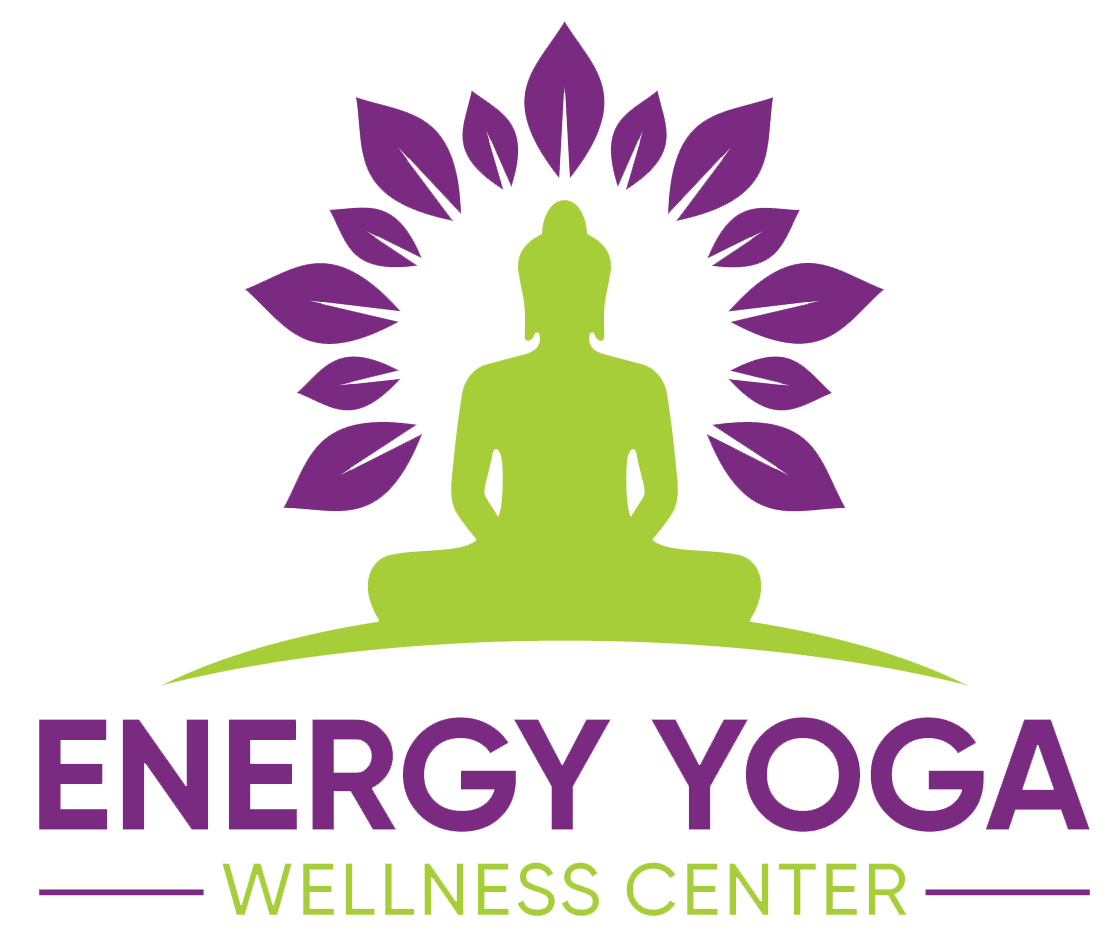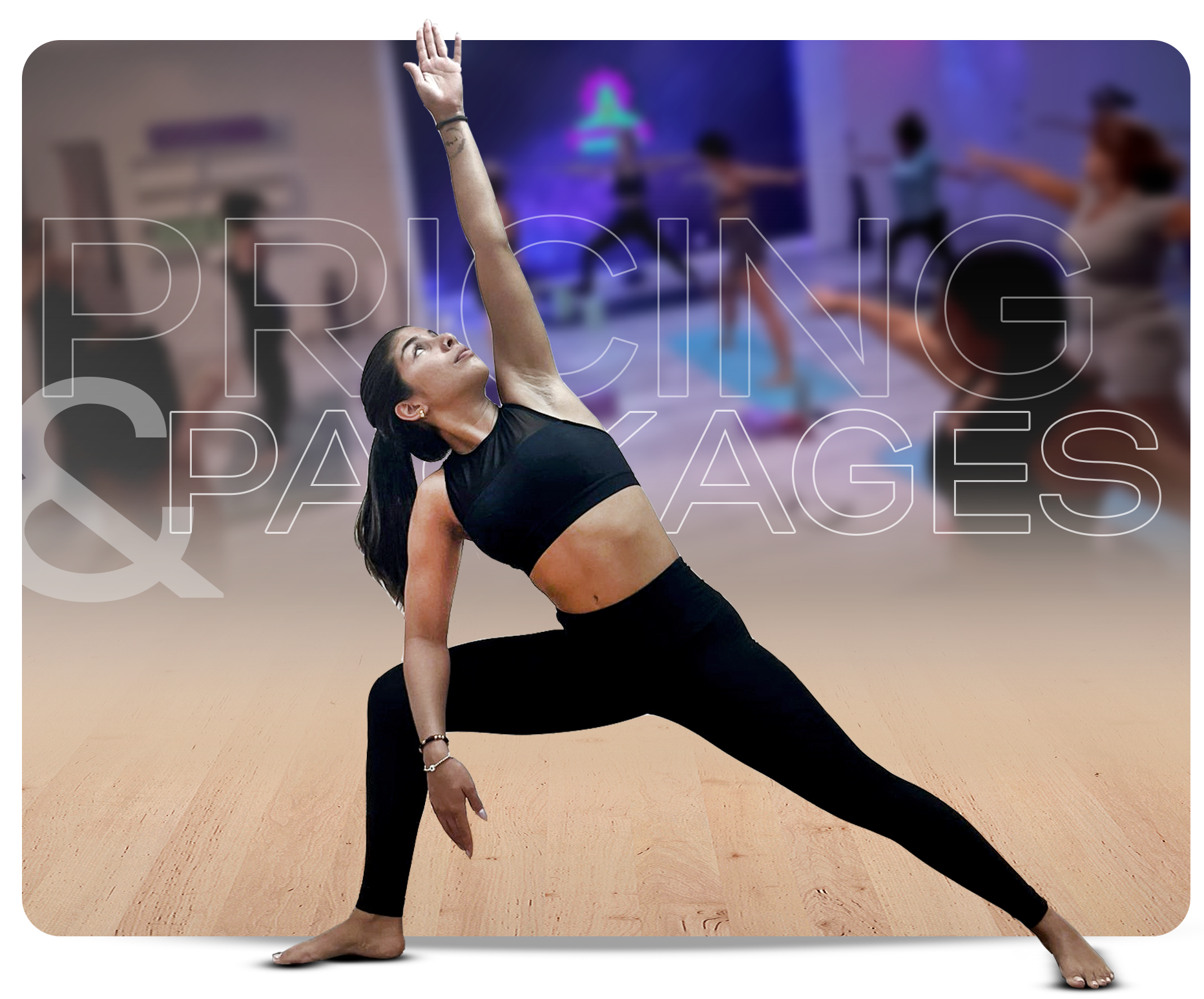WEEK 5.2 (JANUARY 29-FEBRUARY 4TH) – The Monkey Mind
In her book, “Wisdom and Compassion (Starting with Yourself), Lama Tsomo described the Buddhist concept of the Monkey Mind, that just never stops.
Once, long ago, a man received a wonderful present from a master: a magical monkey that could do anything the man asked of it. Well, of course he was thrilled! He took the monkey along with him and asked it to do all sorts of useful things.
In no time at all, it would finish each task and come running back for the next order. The man had the monkey build him a palace. In no time at all, the monkey had finished it. Now our friend was really thrilled. What’s not to like?
The man went to bed for the night and found out. The monkey kept pestering him like a mosquito, “NOW what do you want me to do? What next?” asked the monkey. The man could never rest, ever! Day and night the monkey hounded him with requests for more work, which it would then finish in no time. Then it was back for more.
Exhausted and at his wits’ end, the man went back to the master. “Help! You’ve got to give me a way to deal with this monkey so that it doesn’t keep on bothering me day and night! What can you do?!”
The master gave him one curly hair. He instructed, “Have the monkey make the hair go straight.” The master demonstrated pulling the hair straight. As soon as he let go, the hair bounced back to its former shape. That was it.
The man took the hair and gave it to the monkey, ordering it to make the hair straight. The monkey sat down, fully focused on the little hair. He pulled it straight. It bounced back. He pulled it again. It bounced back again. So it went for about a minute.
The man raced to his bed and gratefully passed out.
What is Self-Realization?
Maslow’s hierarchy of needs is an idea in psychology proposed by American psychologist Abraham Maslow in his 1943 paper “A Theory of Human Motivation”
Maslow’s hierarchy of needs is a motivational theory that explains how humans prioritize their needs in a five-tier pyramid. The lowest level of the pyramid consists of the basic physiological needs, such as food, water, and shelter. The next level is the safety needs, which include security, stability, and protection. The third level is the social needs, which involve love, belonging, and friendship. The fourth level is the esteem needs, which relate to self-respect, recognition, and achievement. The highest level is the self-actualization needs, which refer to the fulfillment of one’s potential, creativity, and growth.
Maslow proposed that people must satisfy their lower-level needs before they can pursue their higher-level needs. He also suggested that only a few people reach the stage of self-actualization, but everyone can have moments of peak experiences that transcend their ordinary limitations. Maslow’s theory has been widely applied in various fields, such as education, counseling, management, and health care. However, it has also been criticized for being too simplistic, culturally biased, and lacking empirical support.
Self-actualization, in Maslow’s hierarchy of needs, is the highest level of psychological development, where personal potential is fully realized after basic bodily and ego needs have been fulfilled. The only step left is transcendence.
“Musicians must make music, artists must paint, poets must write if they are to be ultimately at peace with themselves. What human beings can be, they must be. They must be true to their own nature. This need we may call self-actualization.” – Abraham Maslow
“Every living organism is fulfilled when it follows the right path for its own nature.” – Marcus Aurelius, Meditations
“Everyone is a genius. But if you judge a fish by its ability to climb a tree, it will live its whole life believing that it is stupid.” – Albert Einstein
What is Self-Realization?
Self-realization is liberating knowledge of the true Self, in Sanskrit Purusha or atman (soul). Atman, (Sanskrit: “self,” “breath”) one of the most basic concepts in Hinduism, the universal self, identical with the eternal core of the personality that after death either transmigrates to a new life or attains release (moksha) from the bonds of existence.
Often we must hit rock bottom and experience that “Dark night of the soul” as things have to fall away before they come together as self-realization.
If in the middle of the ocean, suddenly we see the waves begin to grow and grow. All of a sudden, you are surrounded by 40-foot swells. You start to believe that the entire ocean is like this, but if you took a cross section of the ocean, you would notice that the stormy water is only on the surface and going down a mile deep, it is and has always been calm.
Our active surface mind is like the surface of the ocean. The “gota, gota, gota” mind. I gota pick this up, I gota rush to work. Deep within the mind is a level of the mind that is already calm, like the deep ocean. It is our source for pure consciousness, unbounded creativity and clarity. During our day to day activities, we lose access to this level of our mind and are stuck on the surface. Meditation allows us to gain access to these calm waters within us and explore our true self-realization. “In the silence of the mind, the body rises.”
“If you are quiet enough, you will hear the flow of the universe. You will feel its rhythm. Go with this flow. Happiness lies ahead. Meditation is key.” – The Buddha
“Wherever you are, be there totally. If you find your here and now intolerable and it makes you unhappy, you have three options: remove yourself from the situation, change it, or accept it totally. If you want to take responsibility for your life, you must choose one of those three options, and you must choose now. Then accept the consequences.” -Eckhart Tolle
“It is our imagination that allows our thoughts to be infinite.” – David Scott
“Let yourself be drawn by the stronger pull of that which you truly love.” – Rumi.
“It is ridiculous to think that somebody else can make you happy or unhappy.” – The Buddha
“Why try getting others to like us, when we don’t like ourselves?” – David Scott
“A truly rich man is one whose children run into his arms when his hands are empty.”
“Remember that not getting what you want is sometimes a wonderful stroke of luck.” – Dalai Lama
“Worrying about a problem sucks the vital energy out of us that we could be using to solve the problem.” – David Scott
“Success usually comes to those who are too busy to be looking for it.” – Henry David Thoreau
“I failed my way to success.” – Thomas Edison
“A real person is never perfect and a real person is never real. We’re all a little raw and messy. No one has it all together, all the time. If they pretend to, they are just not real; no one’s perfect. Vulnerability is not weakness; it is the highest form of strength. It’s honesty and that is what connects us.”
Have no fear of perfection — you’ll never reach it. –Salvador Dali
“It is better to travel well than to arrive.” – The Buddha
“All that we are is the result of what we have thought. The mind is everything. What we think we become.” -Buddha
“You can not heal yourself in the place that made you sick. If you are in a chemically toxic environment, you can become physically sick, even cancer. In the same way, if you are in an emotionally toxic environment, you can become emotionally sick and suffer form anxiety and even autoimmune diseases.
I’m a success today because I had a friend who believed in me and I didn’t have the heart to let him down. –Abraham Lincoln
Only those who attempt the absurd can achieve the impossible. –Albert Einstein
“It is not the strongest of the species that survive, nor the most intelligent, but the one more responsive to change.” – Charles Darwin (maybe)
“No we don’t need wings to fly, only courage.”
“If you forget yourself, you become the universe.” Hakuin Ekaku
“Love will not save you. But it will hold your hand when you save yourself. And in a world that sometimes seems void of goodness, in a world that sometimes feels too heavy to bear, I think that is all we are really searching for. Someone by our side. Someone who grounds us. Someone who will quietly hug us for 20 minutes straight while we figure it all out. I think that is all everyone really needs. Someone who sees them. Someone who stays.” ❤ -Bianca Sparacino
“The tongue like a sharp knife… Kills without drawing blood.” – The Buddha
“If you truly loved yourself, you could never hurt another.”
“If you are willing to look at another person’s behavior toward you as a reflection of the state of their relationship with themselves rather than a statement about your value as a person, then you will, over a period of time cease to react at all.”
“No one saves us but ourselves. No one can and no one may. We ourselves must walk the path.” – The Buddha
“Your worst enemy cannot harm you as much as your own unguarded thoughts.” – The Buddha
The evolution of our consciousness, teaches us to take a pause between stimulus and response… Just a millisecond pause can make a huge difference in being “right” or in being “kind.” “It only takes seconds to hurt someone, but it could take years to repair the damage.”
“There isn’t enough darkness in all the world to snuff out the light of one little candle. Be that candle” – The Buddha
“The habits you created to survive will no longer serve you when it’s time to thrive. Get out of survivor mode. New habits, new life.”
“I alone cannot change the world, but I can cast a stone across the waters to create many ripples.” ― Mother Teresa
“The more often we see the things around us – even the beautiful and wonderful things – the more they become invisible to us. That is why we often take for granted the beauty of this world: the flowers, the trees, the birds, the clouds – even those we love. Because we see things so often, we see them less and less.”― Joseph B. Wirthlin
“Not everyone you lose in life is a loss. Sometimes in order to find peace, you have to let go of the connection with the people, places, and things that create drama in your life but do not make you stronger.”
“Self-transformation commences with a period of self-questioning. Questions lead to more questions, bewilderment leads to new discoveries, and growing personal awareness leads to transformation in how a person lives. Purposeful modification of the self only commences with revising our mind’s internal functions. Revamped internal functions eventually alter how we view our external environment.” – Kilroy J. Oldster, Dead Toad Scrolls


